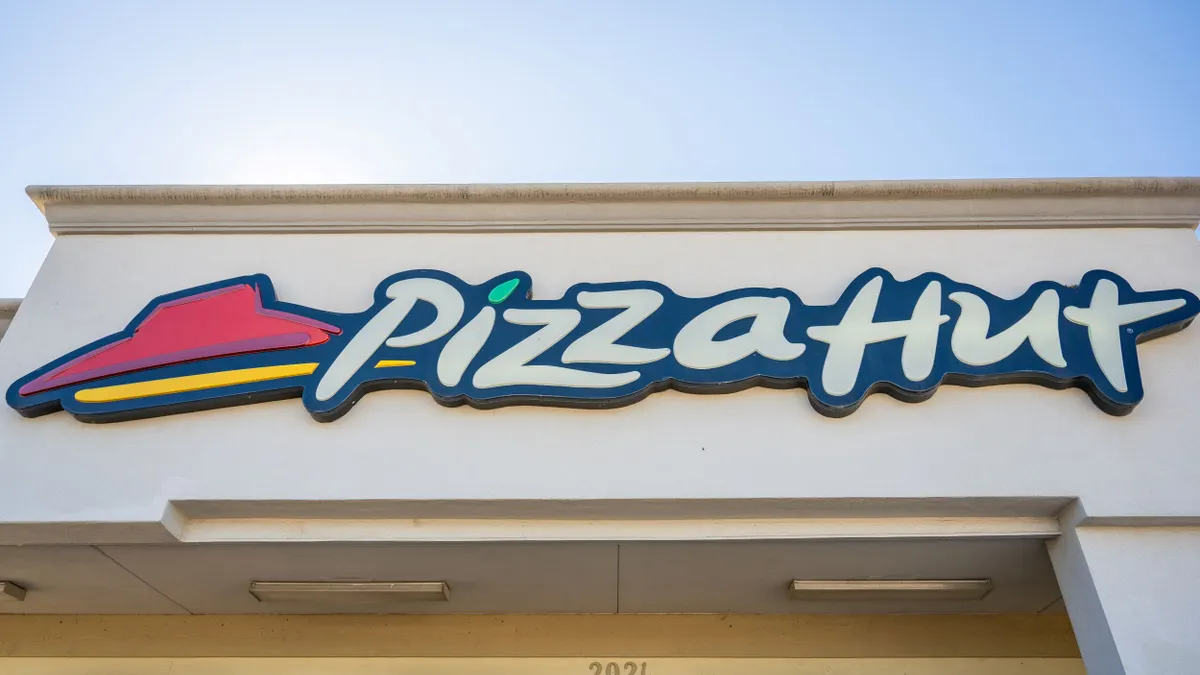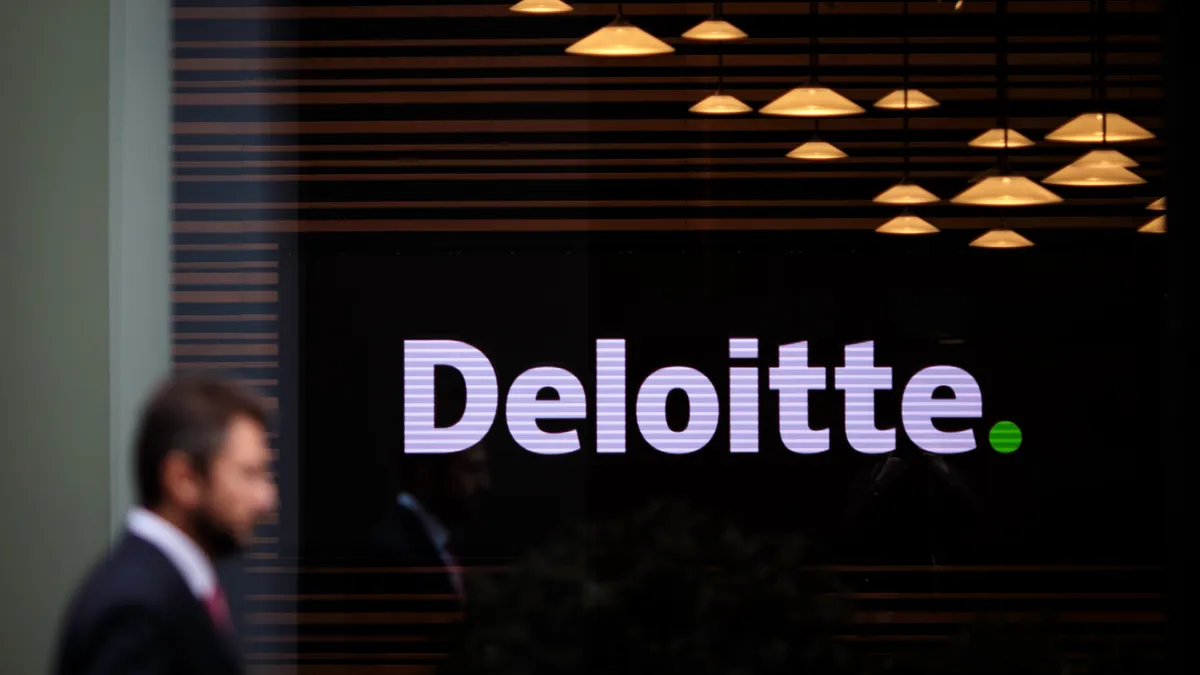It's Monday morning, and the first email of the day contains a screenshot of a disparaging tweet that an employee wrote about her supervisor over the weekend. Or maybe it's a link to a video on TikTok that shows an employee cursing up a storm while drunk over the weekend. Perhaps it's a Facebook post from a supervisor that is extremely political and very negative. What are the next steps for the HR professional on the receiving end of the email?
In years past, if an employee ranted about a colleague or supervisor, took part in R-rated off-duty behavior or made controversial statements, only those in the room where it happened would know what went down. But today, in the age of social media, written words, pictures and videos can travel far beyond an individual's personal account, creating career-threatening consequences. But when can — and when can't — HR safely take adverse employment actions for this activity?
Navigate the boundaries of personal social media and professional lives
Back in 2005, 5% of American adults used at least one social media platform, according to findings from Pew Research. As of June 2019, 72% use social media. And with the ubiquitous presence of smartphones, it's never been easier to post anything, at anytime, from anyplace.
That ease of expression can lead to complications, David Berndt, senior client advocate and senior HR advisor, G&A Partners, told HR Dive. Employers, for example, must be careful they don't make discriminatory hiring decisions based on what they may see on a candidates' social media profiles.
But whether it's during the recruiting phase or even after a candidate is hired, companies may be expected to address controversial pre-hire postings made on social media.
These dilemmas become more prevalent now that people who grew up with social media are entering the workforce, with every past tweet potentially exposed, Adam Forman, labor and employment attorney at Epstein Becker Green, told HR Dive. A blanket disqualification of candidates or employees because of past social media behavior could cause recruiting and retention issues, he said: "You're going to have to discharge everybody or rethink what kind of conduct is sufficient to enforce adverse employment action."
Protections of speech exist — with limitations
The National Labor Relations Act (NLRA) protects employees so they can talk about their employer or work situation, Jennifer Betts, shareholder at Ogletree Deakins, told HR Dive in an email. "Employers should proceed with caution as they evaluate potential adverse action tied to social media activity. A variety of laws may be implicated. Most prominently, if an employee's social media activity could be perceived as protected concerted activity, the employer could be violating the National Labor Relations Act if it disciplines the employee for the conduct — regardless of whether the employer is unionized," she said. Protected concerted activity occurs "when two or more employees take action for their mutual aid or protection regarding terms and conditions of employment," according to the National Labor Relations Board.
While employees have protections under the NLRA, not every complaint — or complainant — is covered. For example, one Texas teacher tweeted a request to President Trump to 'remove' undocumented immigrants from her school, thinking she was sending private messages to the president, according to the New York Times. The teacher was fired, as she violated the school board's policies on social media and ethical conduct toward students. Like the teacher, public figures or those who use social media as part of their professions can undergo harsher scrutiny even for the personal postings, said Berndt. Companies are also more likely to become involved if the employee used company property for the activity or conducted that activity on company time, he said.
But employers, namely those in the public sector, are sometimes limited. In 2013, a federal appeals court ruled against a Virginia sheriff who fired his deputy because the deputy liked the Facebook page of the sheriff's political opponent. And state laws can add an additional layer to consider, Forman noted: "In the state of North Carolina, you cannot discipline an employee for lawfully consuming tobacco. If I'm on social media and smoking a cigarette, and my employer has a healthy workplace and doesn't want employees to smoke cigarettes, that may be problematic to discipline."
Muddling through the murkiness
With so many different circumstances, it can be difficult for an HR manager to discern what direction to take when addressing questionable social media posts. It may help to start with clear cut situations.
If an employee uses social media to do something illegal, like selling drugs, or expresses thoughts of life-threatening behavior, the company should become involved, Berndt said.
Likewise, if an employee engages in bullying behavior toward other employees, employers may be able to take adverse action, Betts added. "If an employee is using racial profanity to bully and harass a co-worker over social media — and particularly if this is occurring during work hours — and such conduct violates the employer's policies, they will likely be able to issue adverse action," Betts said.
As employers try to quell problems arising from employees' social media posts, some companies try to monitor or filter social media, Forman said. He added that in many states, employers cannot ask for the login name or password for an employee's personal account. Other companies try to address problems on a case-by-case basis, but this can lead to inconsistent decisions or discipline, he said.
Start with a social media policy
Our experts agree: the proactive first step is to develop a specific social media policy that describes what behaviors are acceptable and which ones are not.
Many companies already have these guidelines, Betts said. "Such policies should clearly describe the kinds of employee social media conduct that may be grounds for discipline, including termination. The policies should be carefully reviewed to evaluate whether they align with the corporation's culture and philosophy as some employees may perceive social media restrictions as heavy-handed." The policy should also align with the National Labor Relations Board guidance and case law, which provides some parameters for legally compliant social media policies, she added.
Once the company creates the policy, ensure employees are trained by incorporating the information during onboarding as well as in subsequent workshops, Forman said.
So, to answer the initial question: can — or should you — fire an employee because of a social media post? The answer depends on the situation. Having a well-thought-out social media policy will help, but as new social media forums continue to develop, the area will stay fuzzy, Berndt said.
Although employers can't, and probably shouldn't, try to keep tabs on every post, tweet and chat employees send, companies and HR managers do need to prepare for the ramifications that occur when an employee's personal and professional lives collide on social media.




















